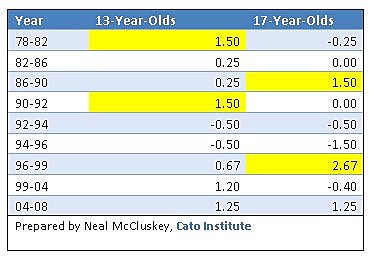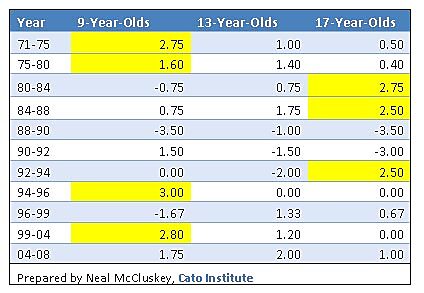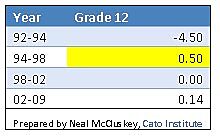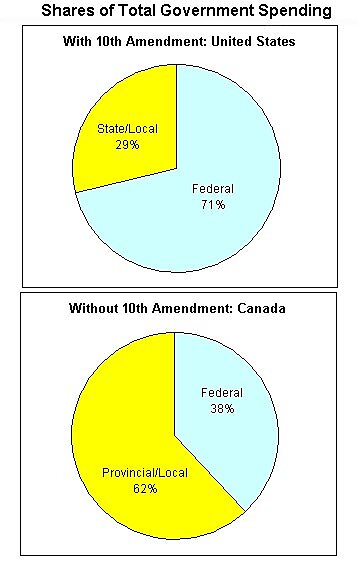The Government Accountability Office has weighed in on the controversy over whether the federal government “owes” the U.S. Postal Service approximately $50-$75 billion in alleged pension “overpayments” made by the USPS to the government’s retirement system. In short, the GAO concluded that the USPS is not owed the money.
The controversy is interesting because it pits government agencies against each other. The USPS, the USPS inspector general, and the Postal Regulatory Commission say money is owed. The Office of Personnel Management, which administers the government’s retirement system, and the OPM inspector general say that money isn’t owed. The GAO is the most neutral party so its findings should carry more weight with members of Congress. Let’s hope as a transfer from the federal government to the USPS would amount to a taxpayer bailout.
The GAO explains:
Any assets that are transferred from the nonpostal to the postal subaccount of CSRS [Civil Service Retirement System] would increase the federal government’s nonpostal CSRS unfunded liability, which must then be paid by the federal government through tax revenue, borrowing, or both. For example, adoption of the recommendation in the PRC report would result in an asset transfer of about $50 billion to $55 billion, which would then need to be repaid by the federal government and taxpayers.
The GAO also notes that a bailout wouldn’t solve the USPS’s long-term problems:
Any change in the USPS’s share of responsibility for CSRS benefits would provide some temporary relief from the pressures USPS faces because of declining volume, revenue, and inflexible costs, but would not by itself address USPS’s long-term financial outlook. Such a transfer of CSRS funds would not be sufficient to repay all of USPS’s debt and address current and future operating deficits related to USPS’s inability to cut costs quickly enough to match declining mail volume and revenue.
See this Cato essay for more on the USPS’s problems and why it should ultimately be privatized.





